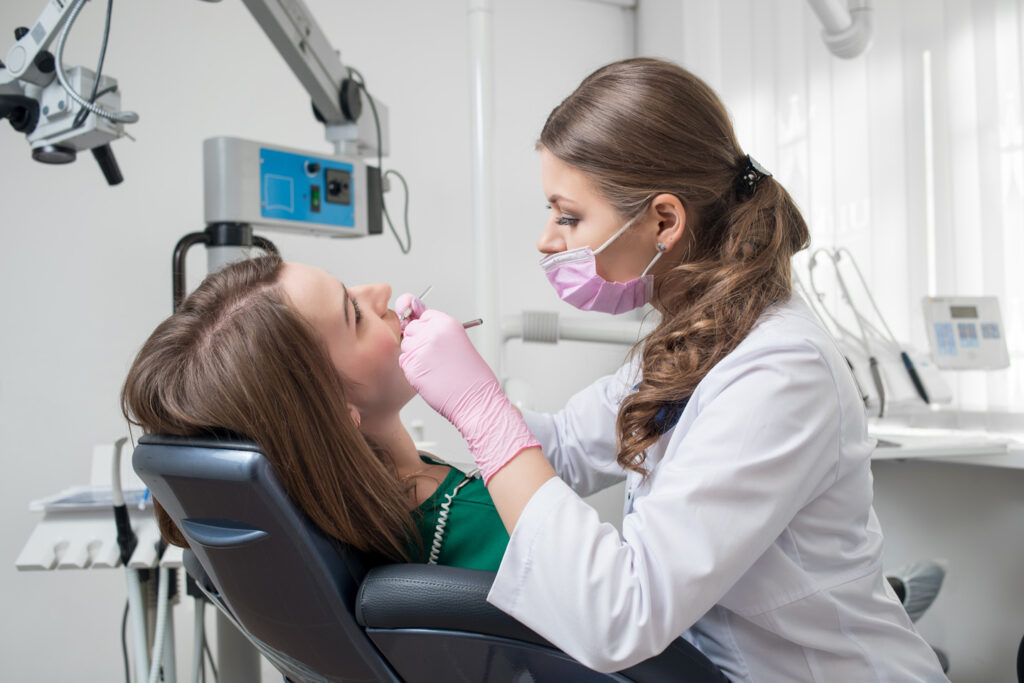
How Often Should You Get a Dental Cleaning?
Maintaining optimal oral health is a cornerstone of overall well-being, and regular dental cleanings play a pivotal role in achieving that goal. But how often should you schedule these cleanings to ensure a radiant and healthy smile? Let’s delve into the expert recommendations and industry best practices for the ideal frequency of dental cleanings.
Understanding the Importance of Dental Cleanings
Regular dental cleanings, also known as prophylaxis, are crucial for preventing oral health issues and maintaining a vibrant smile. They involve the removal of plaque, tartar, and stains, contributing to the prevention of cavities, gum disease, and other dental issues.
1. The Standard Recommendation: Every Six Months
The general consensus among dental professionals is to schedule a dental cleaning every six months. This biannual routine allows dentists and dental hygienists to monitor your oral health closely, detect potential issues early on, and provide preventive care. It’s a schedule that has proven effective for many individuals in maintaining a healthy smile
2. Tailored Recommendations Based on Individual Needs
While a six-month schedule is widely recommended, individual needs may vary. Some individuals may require more frequent cleanings based on factors such as:
- Gum Health: Those with gum disease may need more frequent cleanings to manage the condition effectively.
- Smoking or Tobacco Use: Tobacco use can contribute to oral health issues, warranting more frequent cleanings.
- Medical Conditions: Certain medical conditions, such as diabetes, can impact oral health, necessitating more frequent cleanings.
- Genetic Predisposition: Individuals with a family history of dental issues may benefit from more frequent cleanings.
3. The Role of Personal Oral Care Habits
Your at-home oral care routine is a critical factor in determining how often you should get a dental cleaning. Brushing twice a day, flossing daily, and using mouthwash contribute to maintaining a clean and healthy mouth. Individuals with impeccable oral hygiene practices may find that a six-month schedule is sufficient. However, consistently following a robust oral care routine is essential for everyone.
4. Children and Adolescents: Setting the Foundation
For children and adolescents, establishing good oral hygiene habits early on is crucial. Dental professionals often recommend a visit to the dentist every six months for routine cleanings and preventive care. This helps set the foundation for a lifetime of excellent oral health.
4. The Benefits of Regular Check-ups
Beyond the cleaning aspect, regular dental check-ups offer a comprehensive assessment of your oral health. Dentists can identify potential issues, provide oral cancer screenings, and offer guidance on maintaining optimal oral hygiene at home.
5. The Benefits of Regular Check-ups
Beyond the cleaning aspect, regular dental check-ups offer a comprehensive assessment of your oral health. Dentists can identify potential issues, provide oral cancer screenings, and offer guidance on maintaining optimal oral hygiene at home.
6. Emerging Trends in Oral Health
As technology advances, there is a growing interest in personalized oral health care. Some individuals may benefit from more frequent cleanings based on genetic predispositions or emerging risk factors. Discussing these options with your dentist can help tailor a cleaning schedule that suits your unique needs.
Conclusion
The ideal frequency for dental cleanings is typically every six months, serving as a standard recommendation for maintaining optimal oral health. However, individual factors such as gum health, lifestyle choices, and genetic predispositions may influence the need for more frequent cleanings.
Work closely with your dentist to craft a personalized dental cleaning schedule tailored to your unique needs. By staying proactive and prioritizing regular cleanings, you contribute to the longevity of your teeth and the radiance of your smile. If you have specific concerns or questions about your oral health, consult with your dentist for personalized guidance.

